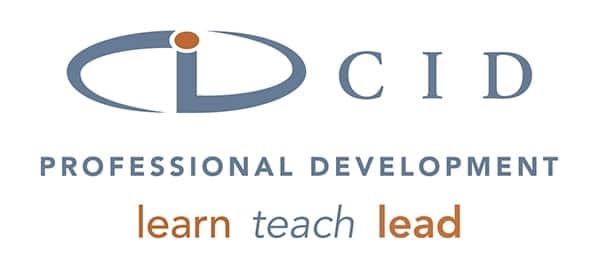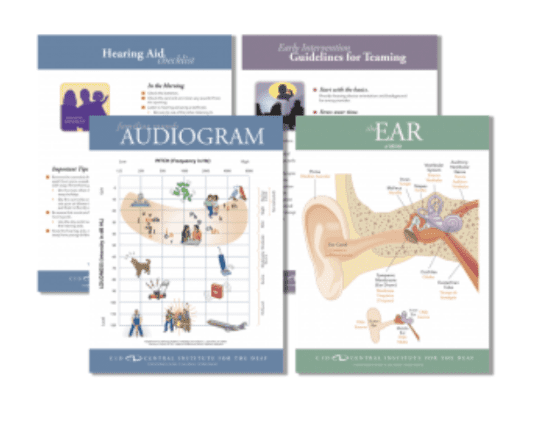November is National Family Literacy Month. Studies show that shared reading with a parent and child is one of the most important activities for a child with hearing loss – and all children – when it comes to learning to listen, talk and read to succeed.
Literacy learning starts at home and long before a child goes to school. The American Academy of Pediatrics recommends reading aloud to children from birth. Current hearing technology provides children who are deaf or hard of hearing with the opportunity to access the benefits of shared reading commensurate to their peers with hearing. As professionals, it is important to educate parents about the benefits of shared book reading and provide guidance for planning and implementing in order to maximize the potential for stimulating spoken language and literacy success.
Guide parents to:
- Read at least 20 minutes each day
- Relax and have fun when sharing books
- Make sure hearing technology is on and working properly
- Find a quiet place and keep the child close -turn off the T.V., music, etc.
- Choose developmentally appropriate books
- Preview and develop listening and language goals from books based on the child’s interest and needs
- Plan book/language routines based on goals to enable repetition for easier learning
- Plan which Listening and Spoken Language strategies to incorporate as they read
- Understand that it is not necessary to always read the words as written
- Talk about the title of the book as they look at the cover
- Have the child turn the pages
- Point to pictures as they talk about them
- Make the book come alive
- if there is a picture of a butterfly, make the book/butterfly fly up-up-up then dooowwwwnnn
- Actually knock on the picture of the door
- Pause frequently to let the child take a turn in the book sharing
- Help/let the child turn the pages as they label the action “Turn the page”
- Say “the end” when the book is finished
- Read favorite books over and over
As the child gets older and has more language, encourage parents to:
- Ask “who, what, when, where, why and how” questions
- Ask open ended questions
- Pause to allow the child to fill in a missing word or words
- Connect the story to the child’s real life
- Give the child opportunity to make predictions
- Find out how the child feels about the story: likes/dislikes, sad parts, funny parts, scary parts, etc.
- Point to the print as they read
- Point out particular words/letters
- Act out favorite stories or parts of the book
- Have the child “read” favorite books to others/stuffed animals or dolls
Active parental participation in home book sharing can enhance spoken language and literacy skills. It is especially important for preparing children with hearing loss to listen, talk, read and succeed.

Judy Odendahl is a parent educator in the Joanne Parrish Knight Family Center at CID – Central Institute for the Deaf. Ms. Odendahl holds Listening and Spoken Language Specialist certification (LSLS Cert AVEd) from the AG Bell Academy. She has co-authored the CID book Super Sensational Science and the CID Early Listening at Home- ELH curriculum. Ms. Odendahl has presented at numerous conferences. She also participated through the Global Foundation for Children with Hearing Loss to develop curricula, teach and mentor professionals in Vietnam.












